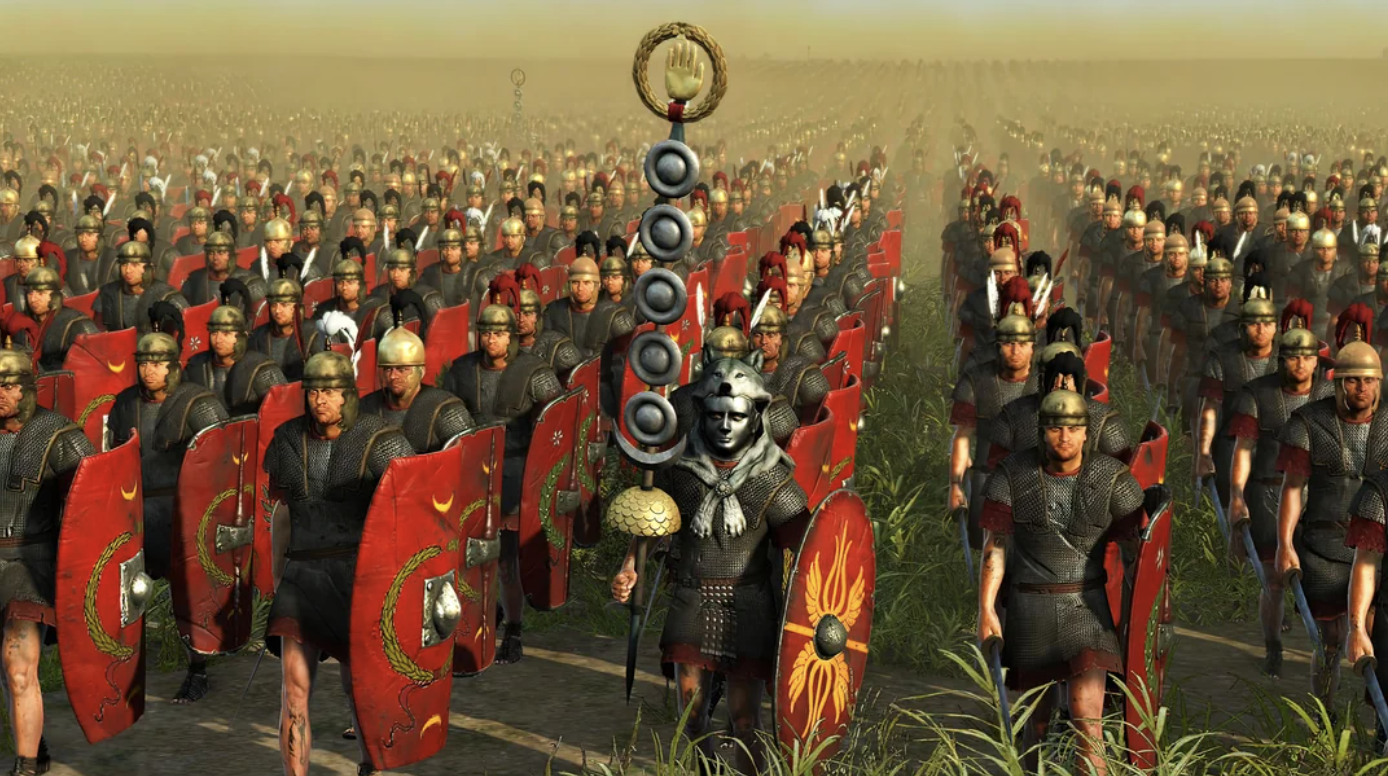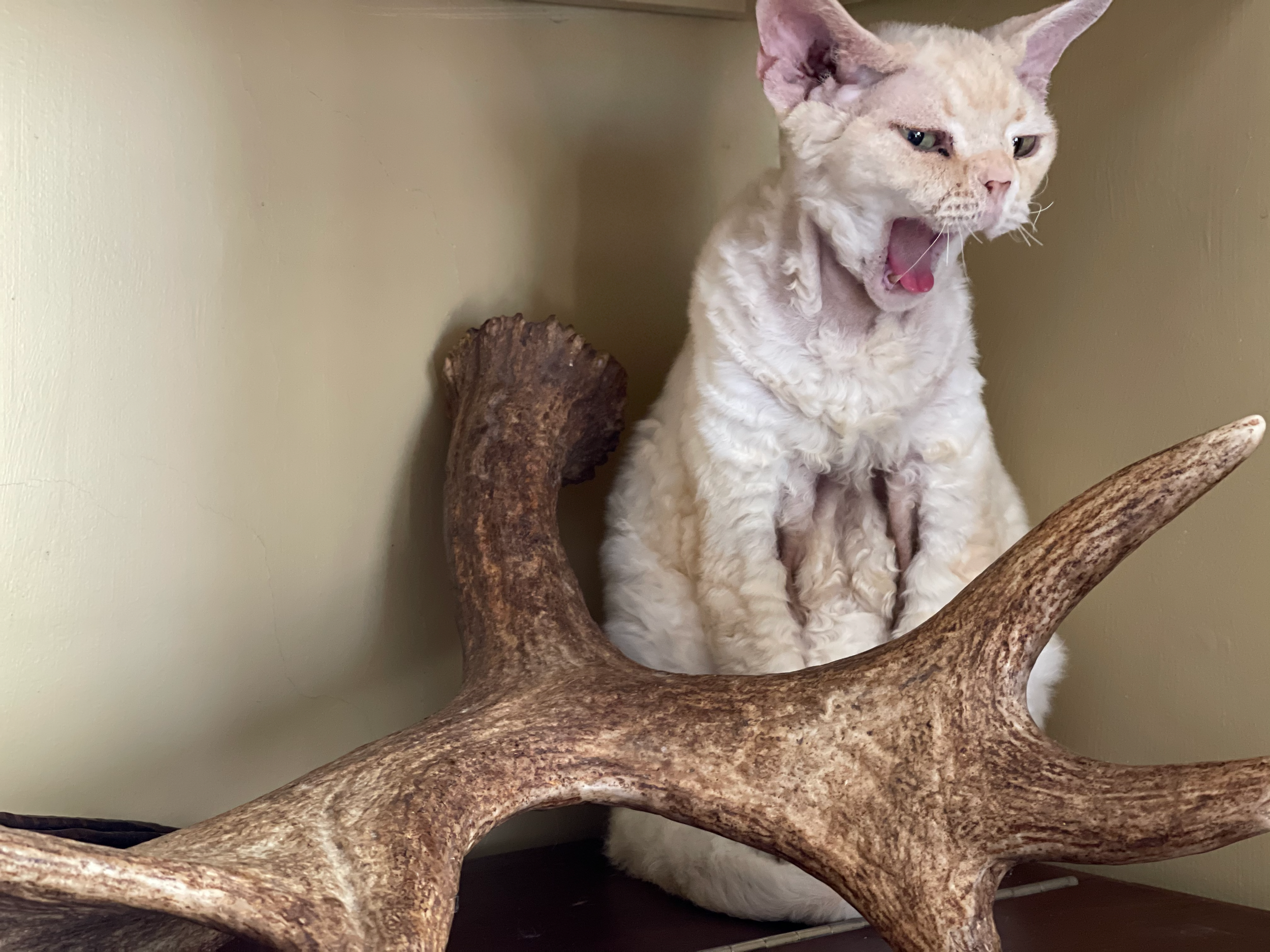Four Ways to Get Inspired
/Need a writing idea? Try these “prompts.”
NOTE: Writing a collage essay? See what admissions officers want.
TRAINING INSPIRATION (part one)
A GIRL’S VOICE woke me in the middle of the night, saying, “I’m a girl, stupid!” There was no girl; I was alone in my writer’s cabin. But I knew who, or rather what, it was. It was an inspiration, a bolt from the blue, that let me save a novel I’d been writing unsuccessfully for years. Did I really hear a voice? I’m not sure, though that’s how I remember it. later on, I’ll show how memory may be one of the greatest sources of inspiration.
“I’M A GIRL, STUPID!”
I’ve been thinking about inspiration ever since that girl woke me up. Can we find inspiration on purpose, while we’re awake? Is inspiration a skill, and can we develop it for ourselves?
Some people would call that skill “creativity,” but I dislike that word.
Most of what we call creativity is just the dredging up of old ideas. We take a selfie in front of an interesting tree and think we’re being creative. Well, maybe we are. But I’m more interested in the kind of production that blows our mind. Besides, when you think about it, artificial intelligence is “creative.” It can create a decent memo, and I’m using it to create illustrations for this piece.
AI can create. But only a human can be inspired.
When you think of getting inspired, you might imagine getting help from above. In the New Testament book of Acts, Jesus’s disciples hear a giant whooshing sound, and tongues of flame enter some of them, causing them to speak in languages from around the known world. What a rush! Imagine speaking Persian or ancient Greek without a single lesson, thanks to the fiery breath of God.
THE BIBLE’S FIERY TONGUES OF FLAME.
In fact, the word “inspiration” originally meant just that: breath. ‘
When I want to drill down to the very soul of a word, I go to my personal copy of the Oxford English Dictionary. Sure, you could do that online, but my two-volume set—I bought it many years ago when I really couldn’t afford it—comes with a magnifying glass, which makes looking up a word seem like an important investigation. To look up “inspiration,” I pull out the A-O volume from its two-volume case that holds up my computer monitor. I heft the big book to my table, where it lands with an impressive thud. Each page is thin and brilliantly white. Finding the word takes time. It builds suspense. It’s—well, yes, I’m betraying something of myself here—exciting. Maybe even inspiring.
THE INSPIRING OED.
Inspiration is breath. Or a martini. It sparks words, ideas, kindness, and robots.
The OED tells me that the word comes from the Latin spiritus, meaning breath or air. This seems to be what the Bible book of Acts is getting at when Peter quotes the prophet Joel:
I will pour out of my Spirit upon all flesh: and your sons and daughters shall prophesy, and your young men shall see visions, and your old men shall dream dreams… (Acts 2:17)
That spirit comes with a terrific whoosh, the sound of God’s exhale. The OED notes that inspiration is an “action or influence of the spirit of God…upon the human mind or soul.” It’s also the act of inhaling, of breathing in, or an “incorporeal” or “immaterial being.”
Less soberly, an inspiration can also consist of a liquid “obtained through distillation or suspension in alcohol.” The ancient seers and prophets had their share of heroic drinkers. In Acts, the apostle Peter notes that wine wasn’t the factor in causing the disciples to speak all those different languages. After all, it was nine in the morning. They hadn’t been drinking that long. More recently, one of the greatest poets in the English language, Dylan Thomas, doesn’t seem to have been sober when he wrote. I once drank three martinis for lunch as an experiment, went back to my office, and wrote a magazine piece on deadline. The words just wrote themselves! Next day, my headache and I returned expecting to find absolute crap, and…the piece had some of the best writing I’d ever come up with. It terrified me. It seemed like I had a choice. I could either find inspiration in distillation, becoming a much better writer (and letting my liver kill me at an early age, like Dylan Thomas); or I could continue in relative sobriety and literary mediocrity.
Tipsy Thomas (from the film).
I’m writing this at the age of 67, having had one cup of coffee. Draw your own conclusions.
The dictionary reports that medieval Christian intellectuals, who seemed to be passionate taxonomists, delineated five types or classes of inspiration:
ADOBE AI’S MORAL INSPIRATION.
Verbal inspiration, being straight dictation from God. I like to think that ghostwriting is a kind of verbal inspiration. Having written ghostwritten books for a rocket scientist, a leading member of Congress, and a 12-year-old cancer survivor, I find this kind of work the most fun of all. After hours and days of interviews and research, I try to tap the spirit of the “author” and, like Prospero, endow their purposes “with words that make them known.”
Then there’s plenary inspiration, in which God’s spirit makes one’s every word infallible. Think of the Pope’s traditional infallibility, or the Good Housekeeping Seal of old.
Moral inspiration moves a person into doing the right thing. My wife’s best ideas come out of her love of people, and they all have to do with gifts for others. When her father died, Dorothy took a beloved old plaid flannel sheet and turned it into an Advent calendar. She sewed 25 pockets and filled each one with a tiny scroll containing a happy Christmas memory. She gave this morally inspired gift to her grieving mother.
Mechanical inspiration sparks an action, such as a soldier charging into battle or a gym bro playing heavy metal during a workout.
Finally, there’s dynamical inspiration, which literally takes over the recipient’s body. Some tech gurus say that general artificial intelligence will arrive within a couple of decades, a moment called the “singularity,” in which a human-like super brain writes its own software without our intervention and dynamically inspires our future robot overlords.
EXERCISE: Write down the last great idea you had. (Don’t worry if you can’t think of any.) Where did that idea come from? Now write down the last time you did something kind or noble. Which are you proudest of?
But when we mortals think of inspiration, most of the time we’re just thinking about coming up with an idea. What’s the best idea you’ve ever had? Now think: just how did you come up with it?
Wait. Do we even know exactly what an idea is? Let’s go back to that font of knowledge, the Oxford English Dictionary. The word denotes “an image in the mind.” It’s something that occurs to you, a picture that pops up.
The OED also says an idea is a conception, implying that your mind gives birth.
AN IDEA IS A “CONCEPTION,” ADORABLE…OR JUST FETAL.
Whether an idea has to be a virgin birth, or involves some hanky-panky with a randy Greek deity, the dictionary doesn’t say. But most literal conceptions of the sperm-and-egg variety are enhanced by an appropriate mood—soft lighting, Marvin Gaye—a setting or situation that prompts desire.
The same seems to be true with conceiving an idea. When I think of the ideas I’ve had, it occurs to me that they’ve all come out of desire: a need, often a deadline—what rhetoricians call an exigence, a problem or unresolved conflict. In defining or declaring that exigence, I invoke…what? The Muses? My own imagination? Chat GPT?
Inspiration can be prompted.
That invocation qualifies as a kind of prompt. When you ask Chat GPT to write you a wedding toast (not recommended; I tried it), in AI terminology you are prompting it. This requires a certain amount of skill. In fact, while many people are legitimately worried about AI replacing them in their jobs, a whole new field of professional prompters has sprung up: humans who invoke AI programs to write, plan, or create scripts, devices, molecules, and the like.
In thinking about my own creative process (if you want to call the coffee-drinking, mumbling, procrastination, and endless tosses of my Nerf basketball “creative”), it seems that ideas tend to come from certain “prompts.” I’m not alone. In ancient times, poets didn’t hesitate to prompt the gods for some inspiration. Most of them called upon the Muses, those goddesses assigned to the arts. Homer began the Odyssey like this:
Speak, Mnemosyne, of the cunning hero
The wanderer, blown off course time and again
After he plundered Troy’s sacred heights…
Actually, Mnemosyne wasn’t a Muse. She was the Titan goddess of memory, and the Muses were her daughters. In other words, memory was the Muses’ mom. Why should we care? Because large language models like Chat GPT—the source of inspiration for a great many paper-writing high school students, ad copywriters, journalists, and one sorry lawyer—are all about memory. When I invoked Chat GPT for inspiration, I was just doing what Homer did: calling upon Memory.
Besides, I think Memory offers a clue to how to prompt inspiration in our own lives. While we can prepare ourselves for the bolt from the blue or the fiery breath of God, while we can whine to the Muses about our need for help, we shouldn’t ignore the goddess.
But what exactly should we do with memory and the Muses? Those AI apps offer a clue. You can’t use them without prompts. The Greeks knew just that, thousands of years before the Internet.
I’ve found that ideas come from four kinds of prompts.
1. Compounding, meaning to combine existing ideas of concepts, either from your own memory or that of the Internet, the library, or large language models.
2. Modeling, much the way computer algorithms predict the future. This is especially appropriate when you want to write a novel or screenplay. You think of characters, put them in a particular situation, write down the likeliest thing each one would do, and then continue doing that until you have a story.
3. Refining: Getting down to the Platonic ideal of an idea.
4. Receiving: Deliberately keeping myself open to inspiration. This is a small act of courage. The fiery, forked-tongued spirit of an idea can seem scary.
In the next post, I’ll show how most great ideas don’t fall from the sky. They’re just waiting to be discovered. Or combined.










